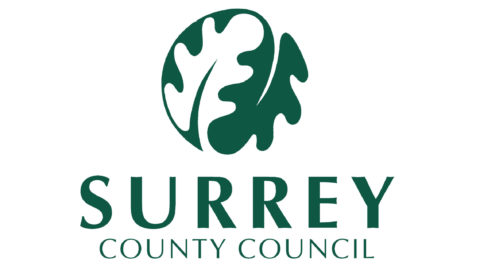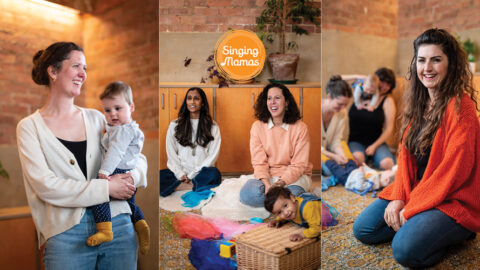Understanding Alzheimer’s & Dementia

Understanding Alzheimer’s & Dementia
A dementia diagnosis can be frightening for the individual and their family, all too often dementia can leave people feeling excluded from their community, and the individual can struggle with the loss of identity, however support is increasingly in place for those affected to make life a little easier.
Dementia is a condition, or a syndrome, a group of related symptoms, which are associated with an ongoing decline of brain functioning which may include memory loss, sharpness of mind, judgement, understanding and mood, and can lead to those with the condition experiencing difficulties carrying out daily activities – Alzheimer’s disease is a type of dementia, together with vascular dementia.
People with dementia can become apathetic or uninterested in their usual activities, or may have problems controlling their emotions, so it is important for anyone communicating with someone with dementia that they have a positive attitude. Dementia patients may also find socialising challenging and their personality may change, so look to be respectful of their feelings, and avoid patronising.
Alzheimer’s is believed to be the most common form of dementia in the UK with around 500,000 thought to have the condition. Alzheimer’s typically results from a protein called beta-amyloid building up in the brain and preventing nerve cell connection leading to the death of nerve cells which in time lead to brain tissue loss and in turn dementia symptoms develop such as memory loss.
Other symptoms of Alzheimer’s, which is more common in those aged 65 or older, and especially those aged 85 and older, are behavioural changes and communication challenges. According to researchers there are factors which contribute to the condition such as high alcohol consumption, smoking, lack of regular mental and physical exercise, high blood pressure and high cholesterol.
Although as yet there is no cure for Alzheimer’s, there are treatments which may help the symptoms of the condition which includes cognitive stimulation which is based around group activities which encourage thinking and engagement, cognitive behavioural therapy which is encourages those with the condition to talk with others, and alternative therapies such as aromatherapy and music therapy.
Vascular dementia or blood vessel dementia is the second most common cause of dementia and is caused by a reduction of blood flow to the brain often caused by a stroke or a series of small strokes.
Dementia with Lewy bodies is the third most common cause of dementia, Lewy bodies are tiny abnormal protein deposits that develop in nerve cells in the brain of people with this condition.
Fronto-temporal dementia is a common cause of dementia in people aged 65 or younger, this type is caused by head damage to areas of the brain responsible for behaviour, emotional responses and language – there have been high numbers recorded by those playing contact sports including rugby and football – research continues into links between concussion in sport to this form.
A Matter Of Grey Matter
The brain is one of the body’s most complex organs, and although keeping an eye on our minds and mental wellbeing does not prevent Alzheimer’s or dementia it can help to slow down the affects according to studies. To keep your grey matter fighting fit think about the following – exercise your mind and body, physical exercise increases your brain’s oxygen levels while mental exercise doing puzzles for example, stimulates the mind – think about diet, opt for antioxidants, wholegrain fibre and lean protein – and, finally get enough sleep to help your brain recharge each day.
Dementia & Alzheimer’s
In Focus
For more information about dementia, and the charity, Dementia UK, visit: www.dementiauk.org/, for details about Alzheimer’s and the charity, the Alzheimer’s Society, visit: www.alzheimers.org.uk/






